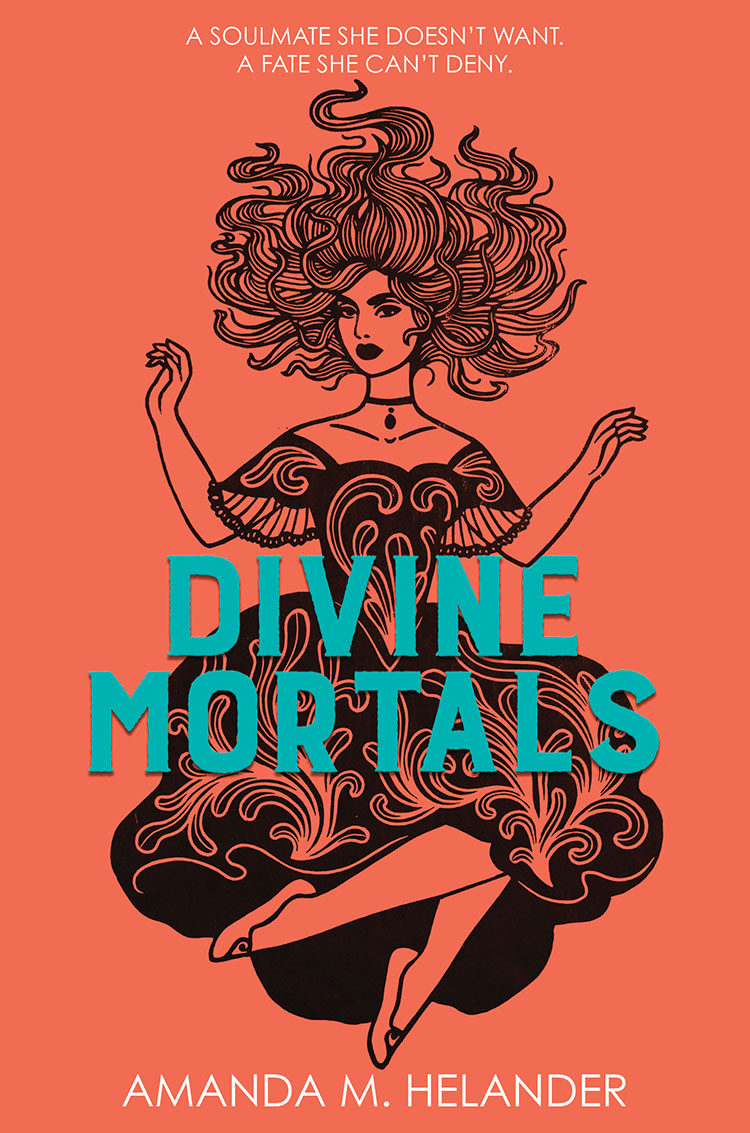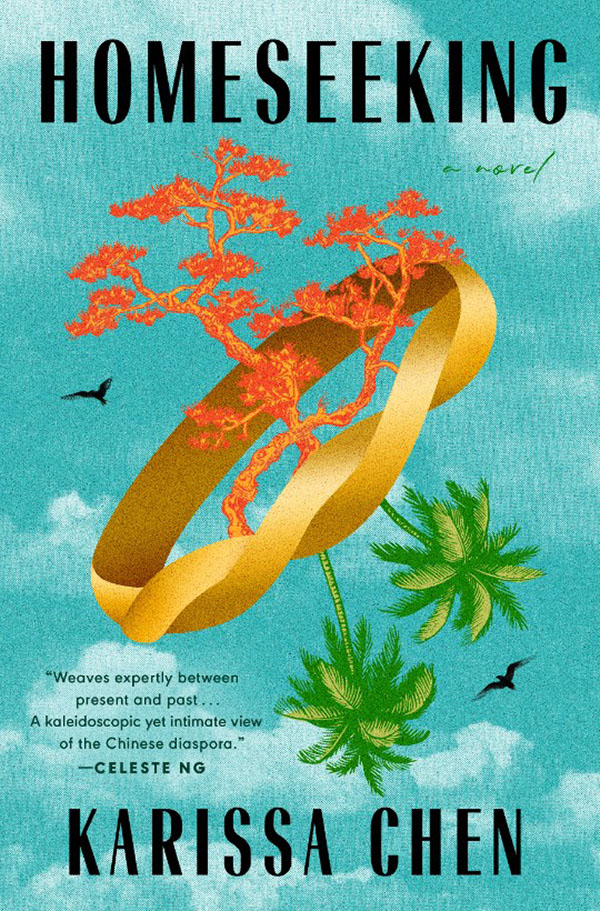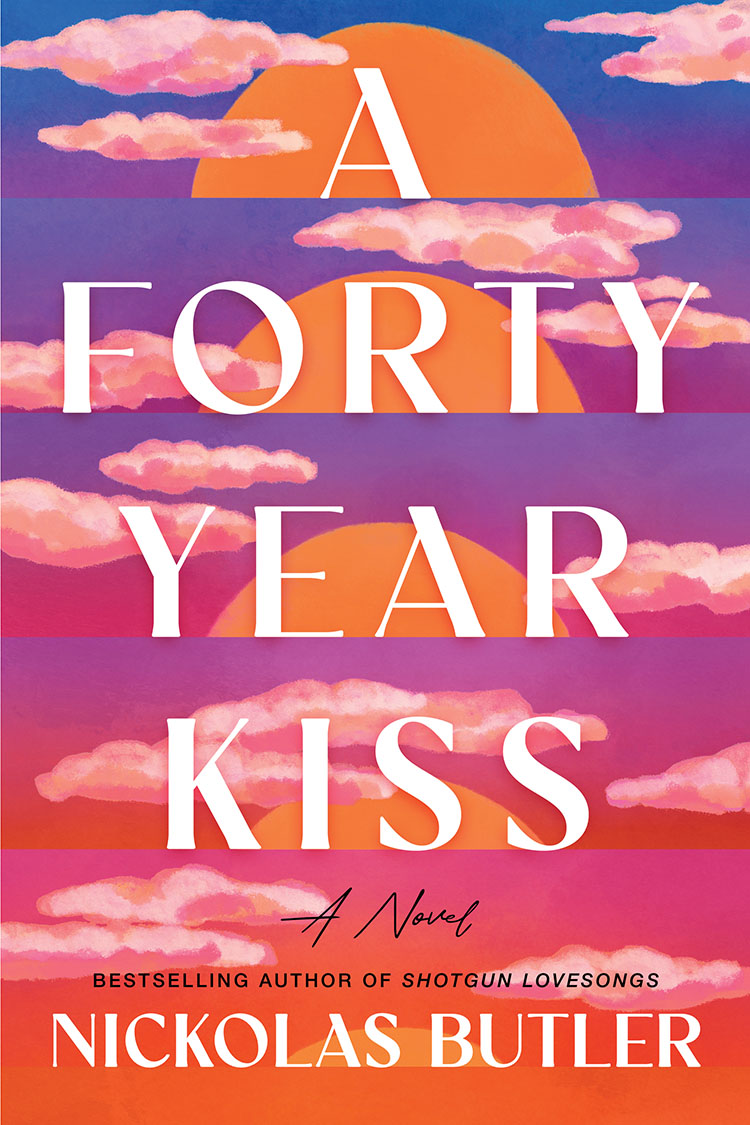One of WWII’s most uniquely hidden figures, Hazel Ying Lee was the first Asian American woman to earn a pilot’s license, join the WASPs, and fly for the United States military amid widespread anti-Asian sentiment and policies.
Her singular story of patriotism, barrier breaking, and fearless sacrifice is told for the first time in full for readers of The Women with Silver Wings by Katherine Sharp Landdeck, A Woman of No Importance by Sonia Purnell, The Last Boat Out of Shanghai by Helen Zia, Facing the Mountain by Daniel James Brown and all Asian American, women’s and WWII history books.
In 1932, Hazel Ying Lee, a nineteen-year-old American daughter of Chinese immigrants, sat in on a friend’s flight lesson. It changed her life. In less than a year, a girl with a wicked sense of humor, a newfound love of flying, and a tough can-do attitude earned her pilot’s license and headed for China to help against invading Japanese forces. In time, Hazel would become the first Asian American to fly with the Women Airforce Service Pilots. As thrilling as it may have been, it wasn’t easy.
In America, Hazel felt the oppression and discrimination of the Chinese Exclusion Act. In China’s field of male-dominated aviation she was dismissed for being a woman, and for being an American. But in service to her country, Hazel refused to be limited by gender, race, and impossible dreams. Frustrated but undeterred she forged ahead, married Clifford Louie, a devoted and unconventional husband who cheered his wife on, and gave her all for the cause achieving more in her short remarkable life than even she imagined possible.
American Flygirl is the untold account of a spirted fighter and an indomitable hidden figure in American history. She broke every common belief about women. She challenged every social restriction to endure and to succeed. And against seemingly insurmountable obstacles, Hazel Ying Lee reached for the skies and made her mark as a universal and unsung hero whose time has come.
Archives
LAST TO EAT, LAST TO LEARN: MY LIFE IN AFGHANISTAN FIGHTING TO EDUCATE WOMEN
Pashtana Durrani grew up in a Pakistan refugee camp, but she was raised in a school. A third-generation refugee, she was one of 4 million Afghans displaced by decades of war in the camp where her father, a tribal leader, founded a community school within their home. Those who lived in the house were recruited as staff, and when Pashtana was seven, she too began to teach. Her students were other girls from the camp — girls without running water and electricity. Girls who were hungry and illiterate, who never left the camp and once they married, wouldn’t even leave their homes. Fueled by her father’s insistence that despite being a girl, she deserved an education at any cost, Pashtana believed against impossible odds that she could help these girls forge a different path—¦Full of optimism and heart even in a world that subjugates the physical and intellectual nourishment of girls and women, Last to Eat, Last to Learn is the story of how just one educated woman can transform a family, a tribe, a country. It’s a testament to the power of learning and, above all, the value of educators in their many forms — from teachers, mentors, and role models, to fathers, mothers, and any one of us with the drive to stand against ignorance.
The Menopause Manifesto
Just as she did in her groundbreaking bestseller The Vagina Bible, Dr. Jen Gunter, the internet’s most fearless advocate for women’s health, brings you empowerment through knowledge by countering stubborn myths and misunderstandings about menopause with hard facts, real science, fascinating historical perspective, and expert advice. The only thing predictable about menopause is its unpredictability. Factor in widespread misinformation, a lack of research, and the culture of shame around women’s bodies, and it’s no wonder women are unsure what to expect during the menopause transition and beyond. Menopause is not a disease—it’s a planned change, like puberty. And just like puberty, we should be educated on what’s to come years in advance, rather than the current practice of leaving people on their own with bothersome symptoms and too much conflicting information. Knowing what is happening, why, and what to do about it is both empowering and reassuring.
Gone at Midnight
A true crime memoir exposing the real story behind one of the most compelling but least understood cases of the century, Gone at Midnight examines an enigmatic tragedy that’s become a cultural obsession and internet phenomenon. The book chronicles the final weeks of Elisa Lam, a 21-year-old Chinese-Canadian student who vanished from the notorious Cecil Hotel in downtown Los Angeles under mysterious circumstances, and explores the unsolved mystery of shocking death.
999: THE EXTRAORDINARY YOUNG WOMEN OF THE FIRST OFFICIAL TRANSPORT TO AUSCHWITZ
On March 25, 1942, nearly a thousand young, unmarried Jewish women boarded a train in Poprad, Slovakia. Filled with a sense of adventure and national pride, they left their parents’ homes wearing their best clothes and confidently waving good-bye. Believing they were going to work in a factory for a few months, they were eager to report for government service. Instead, the young women—many of them teenagers—were sent to Auschwitz. Their government paid 500 Reich Marks (about $200) apiece for the Nazis to take them as slave labor. Of those 999 innocent deportees, only a few would survive. The facts of the first official Jewish transport to Auschwitz are little known, yet profoundly relevant today. These were not resistance fighters or prisoners of war. There were no men among them. Sent to almost certain death, the young women were powerless and insignificant not only because they were Jewish—but also because they were female. Now acclaimed author Heather Dune Macadam reveals their poignant stories, drawing on extensive interviews with survivors, and consulting with historians, witnesses, and relatives of those first deportees to create an important addition to Holocaust literature and women’s history.

















